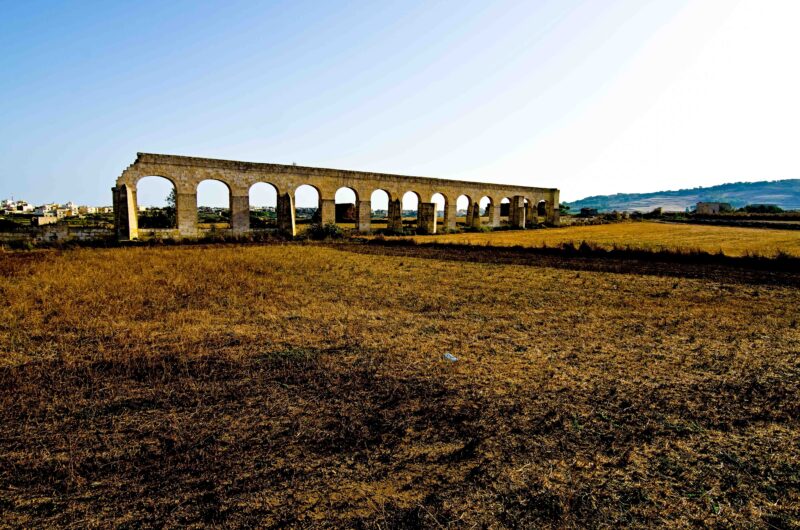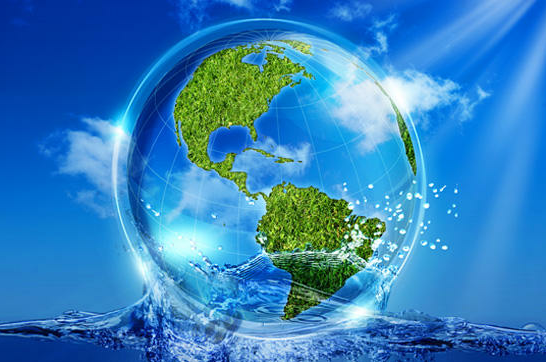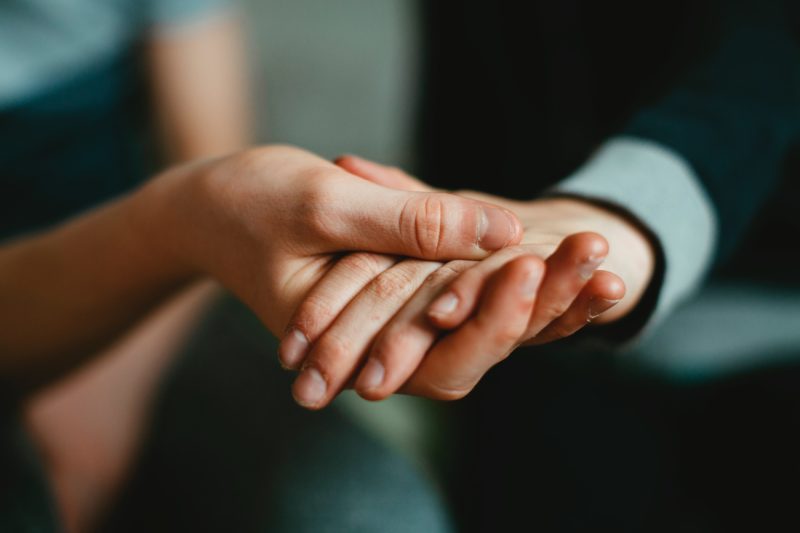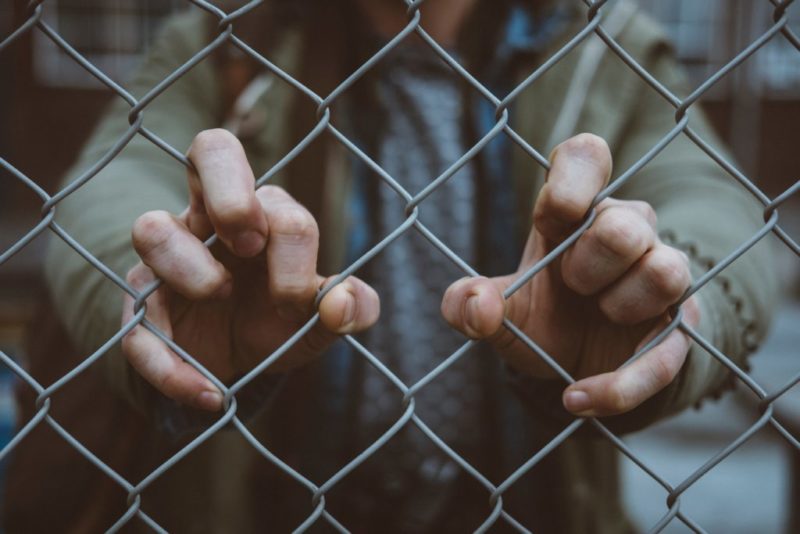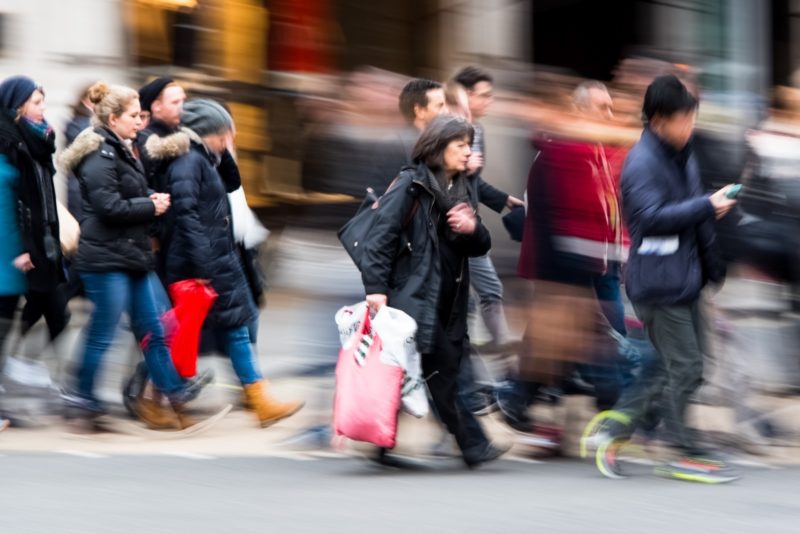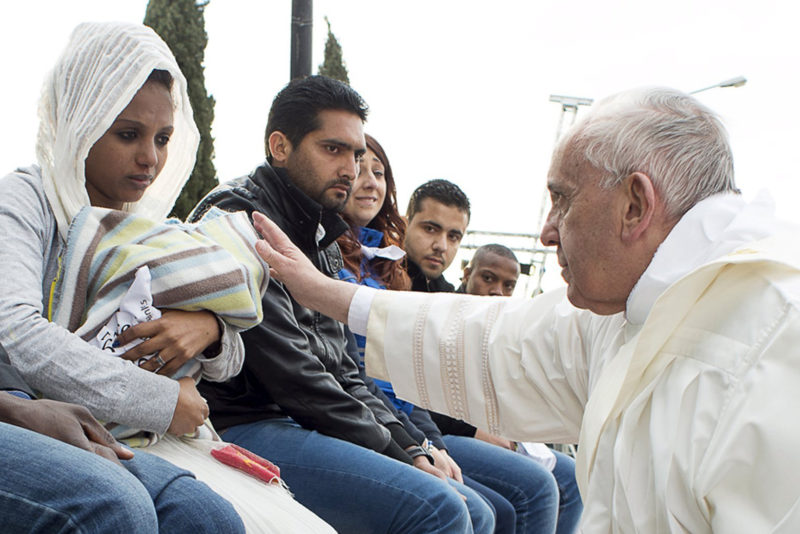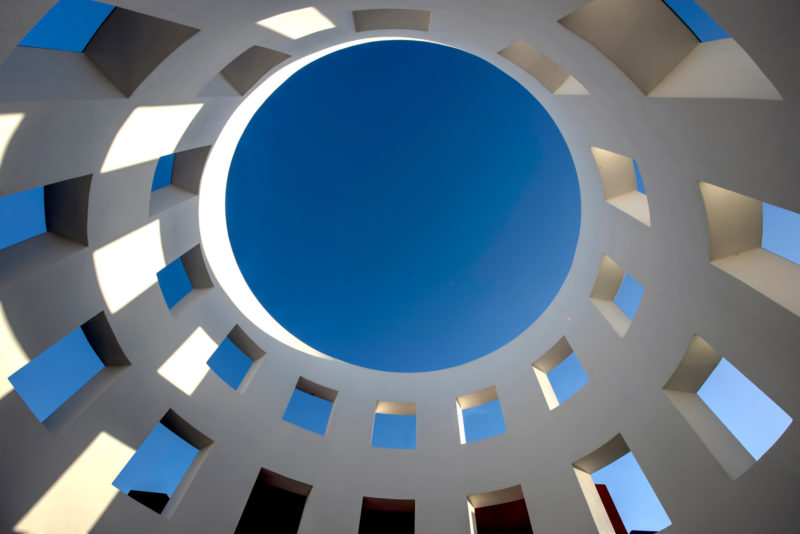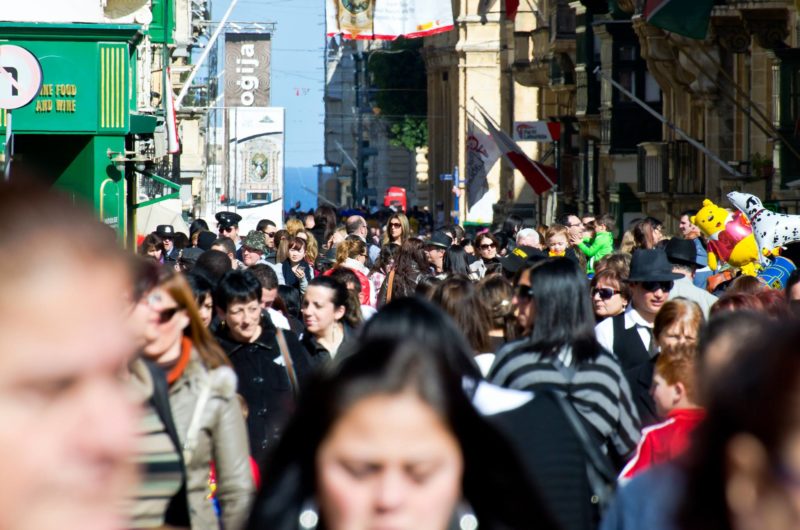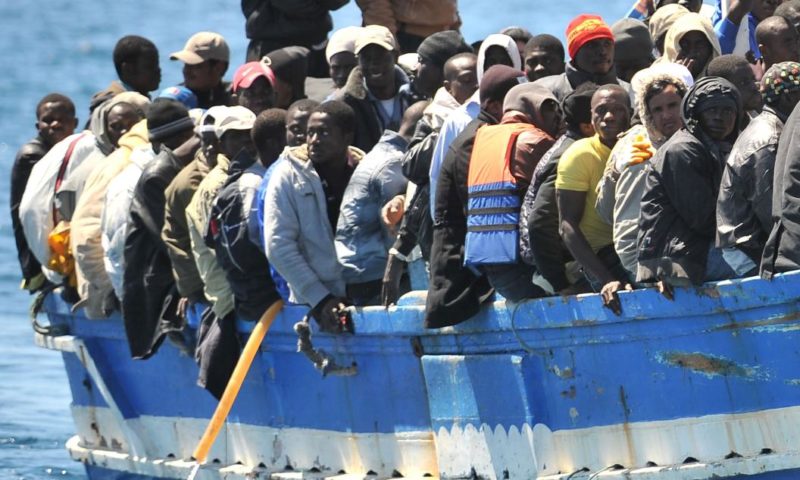Living on an island in the middle of the Mediterranean, it is perhaps very easy to take water for granted. Water surrounds us everywhere we go. It is very easy to just open the tap and find water suitable for drinking. It is hard to imagine that around the world an estimated two billion people do not have easy access to clean, drinkable water. Although a huge proportion of the earth’s surface consists of water in the form of oceans and the seas, only about 1.2% of this water is accessible as freshwater in lakes, swamps and rivers. Yet, the availability of this water is unevenly distributed around the world and many times it is not suitable for drinking due to pollution and other contaminants. Industrial processes have placed an increased demand for freshwater. Water is a common good and a fundamental human right, but there are instances where this right is not respected. A recent document issued by the Vatican entitled Aqua fons vitae (Water is a source of life), rightfully explores this fundamental aspect of water for the promotion of human dignity and integrity of human development. Management of water resources can find a strong inspiration in Catholic Social Teaching especially in themes relating to human dignity, solidarity, justice, the universal destination of goods, subsidiarity, common good, integral ecology, integral human development and the preferential option of the poor. Indeed, water represents an area that allows us to put into practice evangelical principles for the good of humankind.
Water also has a religious value. The Bible makes various references to water, 1500 verses to be exact. Some notable passages which involve water include the passage of creation and various instances of healing… Read more »



